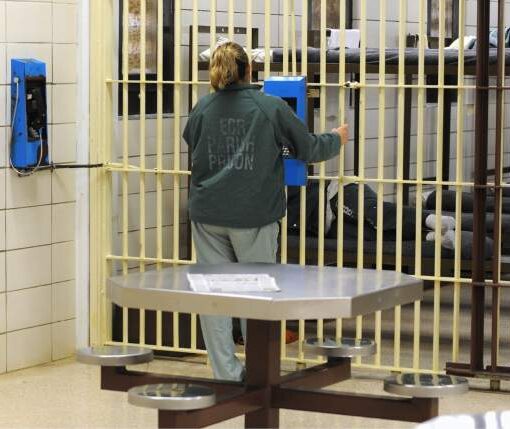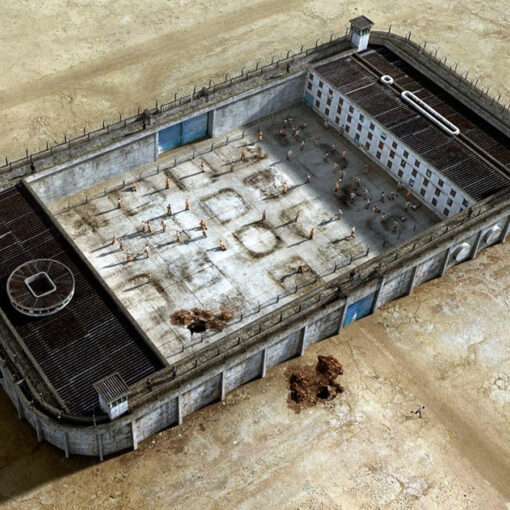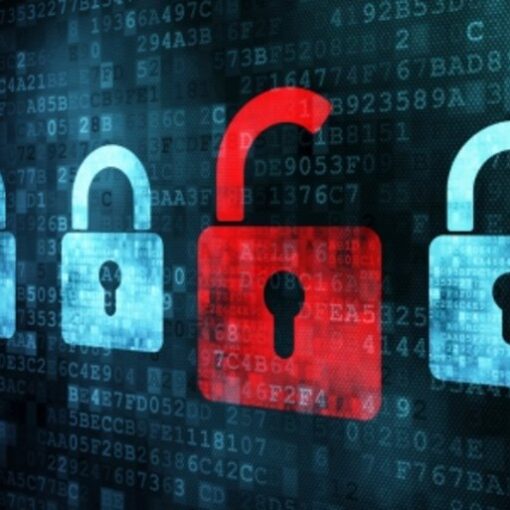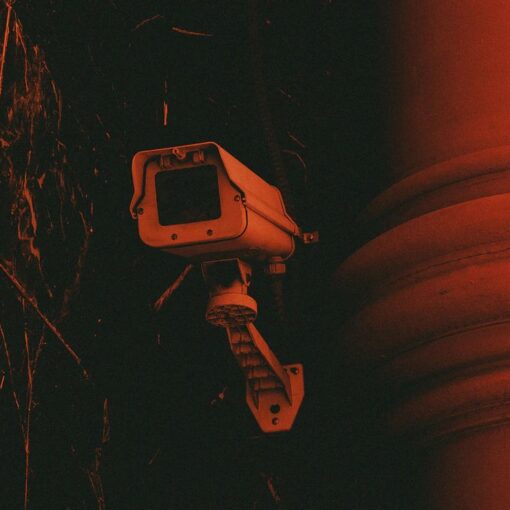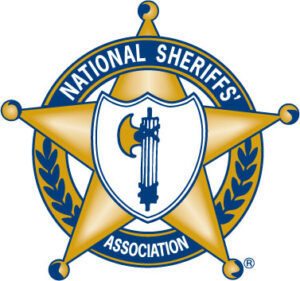 The National Sheriffs’ Association (NSA), in a recent FCC filing for Docket No. 12-375 (Inmate Calling Services), made the case that jails should be compensated for the costs they incur to allow inmate calling service (ICS). The FCC, in its Second Further Notice of Proposed Rulemaking (SFNPRM), proposed the elimination of the payment of site commissions as a category to correctional facilities, including jails.
The National Sheriffs’ Association (NSA), in a recent FCC filing for Docket No. 12-375 (Inmate Calling Services), made the case that jails should be compensated for the costs they incur to allow inmate calling service (ICS). The FCC, in its Second Further Notice of Proposed Rulemaking (SFNPRM), proposed the elimination of the payment of site commissions as a category to correctional facilities, including jails.
On January 12, 2015, NSA’s submitted a cost survey to the FCC which provided information on the cost to Sheriffs to provide security and administrative functions necessary to allow ICS in jails. Sheriffs operating jails in 23 states and the District of Columbia reported the number of hours per week officers, supervisors and other employees spent on monitoring/security duties and administrative duties in connection with ICS and the annual compensation for the officers and employees engaged in these duties.
With respect to monitoring/security duties, the Sheriffs reported time spent on call monitoring, responding to ICS system alerts, responding to law enforcement requests for records/recordings, call recording analysis, enrolling inmates for voice biometrics, and other duties.
With respect to administrative duties, the Sheriffs reported time spent on system administration, answering questions from the public, answering questions from inmates, blocking/unblocking numbers, providing escorts for phone repairs, educating inmates on the use of ICS and other duties.
Sheriffs also were asked to provide the most recent three months of data from ICS providers concerning the total minutes of use for the facility for each month. From this data, the per minute cost for each facility was calculated.
The NSA cost survey provides the inputs for a sampling of jails of all sizes for the hours spent on ICS related duties, the salaries and benefits for the officers and employees performing the ICS-related duties and the number of ICS minutes for the jails.
This input data was then used to calculate a per minute cost to perform the duties associated with ICS for each jail. Excluding the highest cost jails (any result over $1.00), which might reasonably be considered outliers, the average per minute cost for jails by average daily population (ADP):
- $0.409 for jails with 1-99 ADP
- $0.209 for jails with 100-349 ADP
- $0.088 for jails with 350-999 ADP
- $0.059 for jails with 1000-2499 ADP
(NSA’s survey includes only one facility with ADP of 2500 or more, with a per minute compensation amount of approximately $0.007.)
However, after taking into account similar analysis conducted by Pay-Tel, CenturyLink, Praeses, Global Tel*Link, it proposes the following commission rates:
ADP Per Minute Compensation
1-349 $0.09-$0.11
350-2,499 $0.05-$0.08
?2,500 $0.01-$0.02
The NSA concludes its analysis by stating that facility costs should be recovered via a per minute amount added to the per minute ICS rate and that if Sheriffs do not receive compensation, they would have the incentive to reduce the amount of unrecoverable cost by reducing access to ICS.
The NSA further states, “Unlike food, shelter and healthcare, there is no obligation on the public at large to pay for inmate calling services. Some argue, and the Commission has found, that the public benefits from ICS because it keeps children in touch with incarcerated parents and reduces recidivism, which reduces the costs to our justice and prison systems. Even if this is true, it does not change the fact that the Communications Act and Commission precedent establish that costs incurred in connection with a service should be recovered from the cost causer. Nor does it change the fact that the Commission has no authority under the Communications Act to mandate the recovery of cost from general taxpayers. It also does not change the fact that in most cases ICS is a discretionary service and that Sheriffs have wide latitude in determining the extent of ICS calling that will be allowed.”
- Blockchain System for Compliant Inmate Transactions - March 4, 2025
- Securus Gets the Signal, Eleven Years Later - August 23, 2024
- Multi-Blockchain System for Inmate Forensics - April 2, 2024

